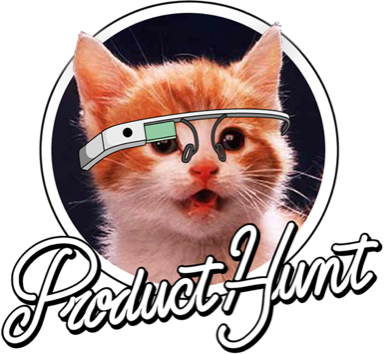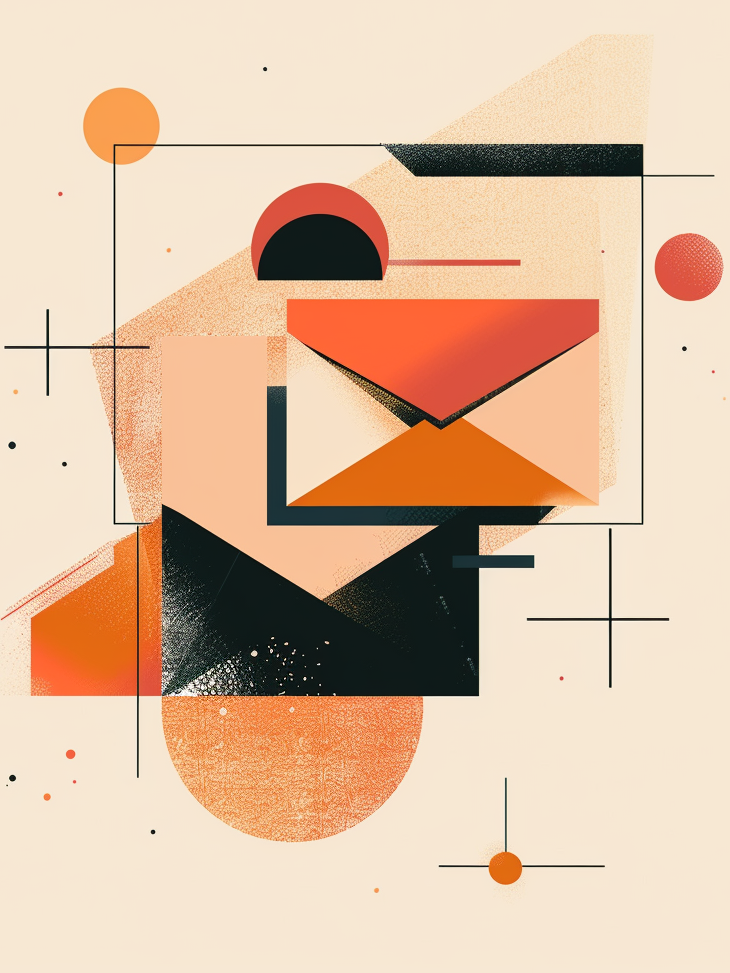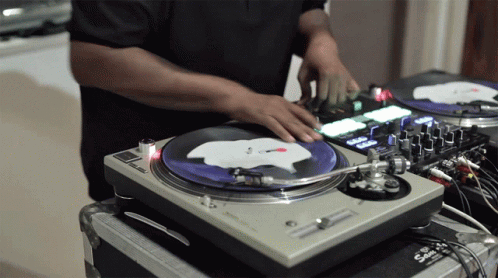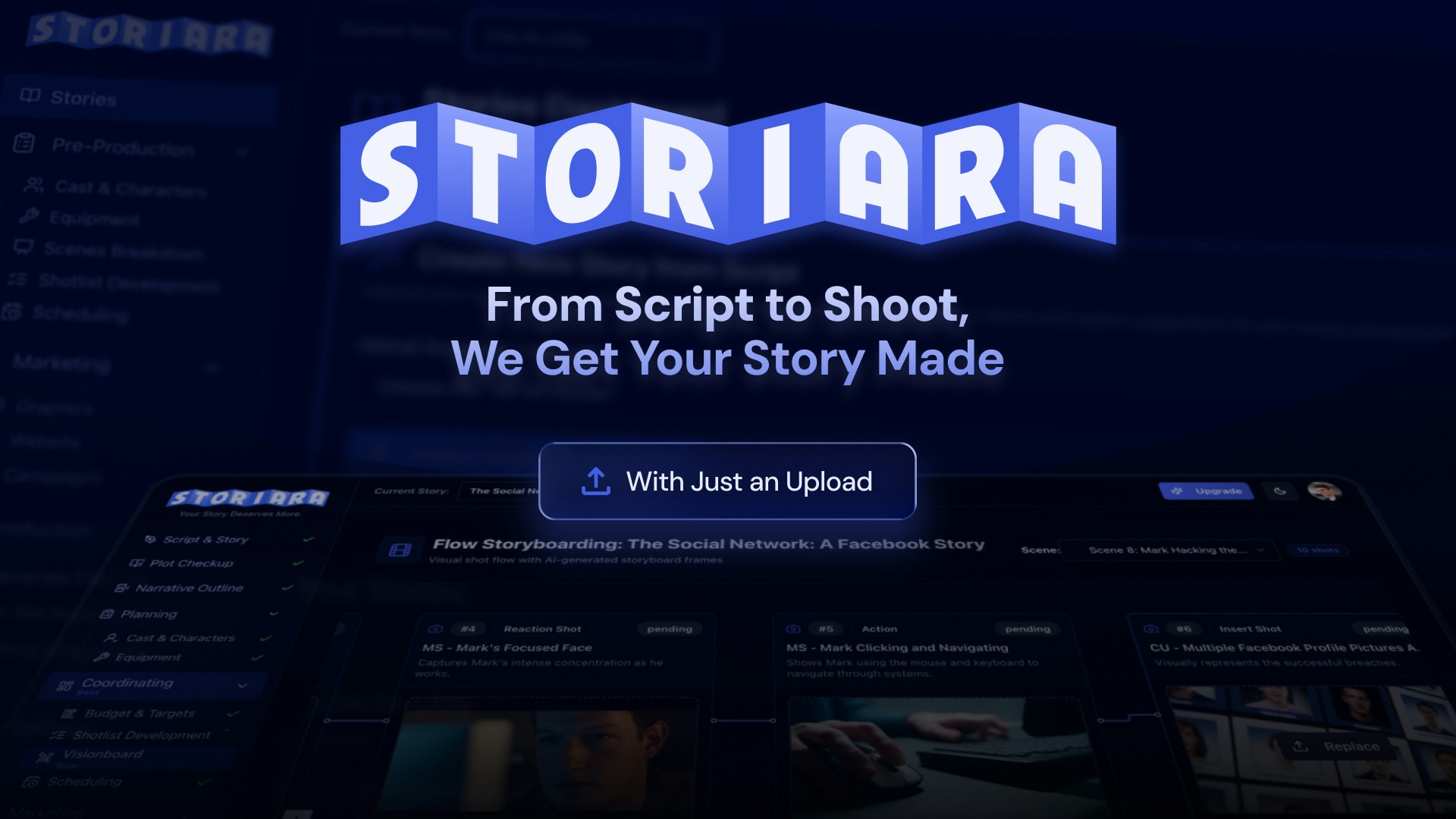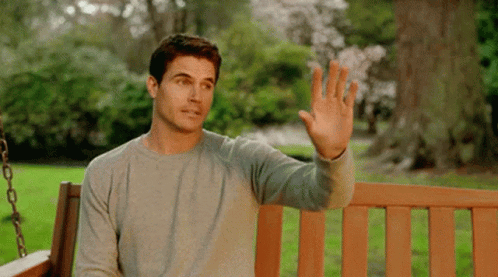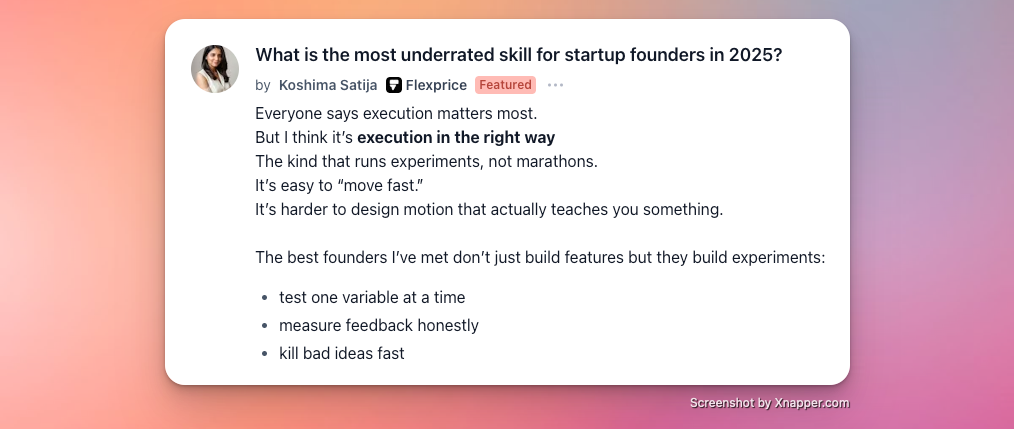By Nick Harty, cofounder of Storiara
I've been making short films for as long as I can remember.
My first short was back in middle school, where my brother and I pretended we were in Star Wars, dueling with dowel rod lightsabers. By the time I met my co-founders, Spencer and Charlie, in college, my storytelling had (I hope) evolved well past my VFX-obsessed origin story.
We met on the set of a feel-good student short I directed last fall. But this wasn’t backyard filmmaking anymore. We quickly got stuck in a hellish landscape of spreadsheets. Nobody’s availability lined up, everyone was overwhelmed, and it took forever to finish the film.
The output was incredible, though. So we kept on making movies and started picking up jobs on bigger productions with more standardized workflows.
And we discovered we weren’t alone. The production management problem is everywhere. Most tools were way out of our price range, and the ones we could access weren’t much better than spreadsheets or a whiteboard. Most companies we talked to weren’t even using them.
Meanwhile, my on-set education was unfolding alongside the AI boom—which was pretty disheartening.
Most AI x Film projects were focused on replacing creativity. LLMs were reading and rejecting scripts at scale. Studios have mostly backed off that kind of thing because, well, they realized they still need people. Just look at Warner’s historic run this year with auteur-driven hits like Sinners and Weapons. That didn’t happen because AI gave great notes.
Other software would use AI to generate video, which, frankly, filmmakers don’t want to do unless they’re out of money and time and just need one drone shot of New Zealand, or something. Filmmakers want to make movies, not outsource the fun part to software.
All of this got my brain churning last summer about how we can use AI to automate the stuff that filmmakers actually don't want to do: How do you get from a greenlit script to scheduled shoot as quickly as possible?
Everyone was focused on cutting out creatives. No one was using AI to cut out the messy middle of production. And the tools that I tried felt like CS projects built by people who had never stepped on a set.
Then at the Cannes Film Festival, during a crowded panel, I leaned over to Charlie and whispered: “What if the studio was software?”
